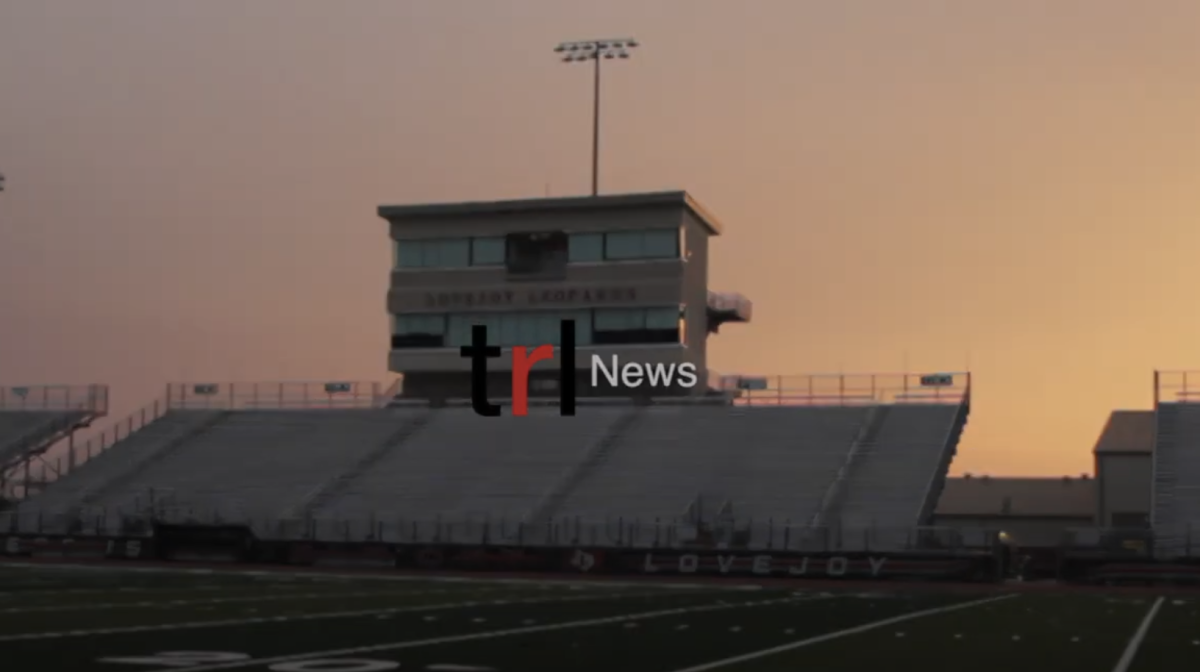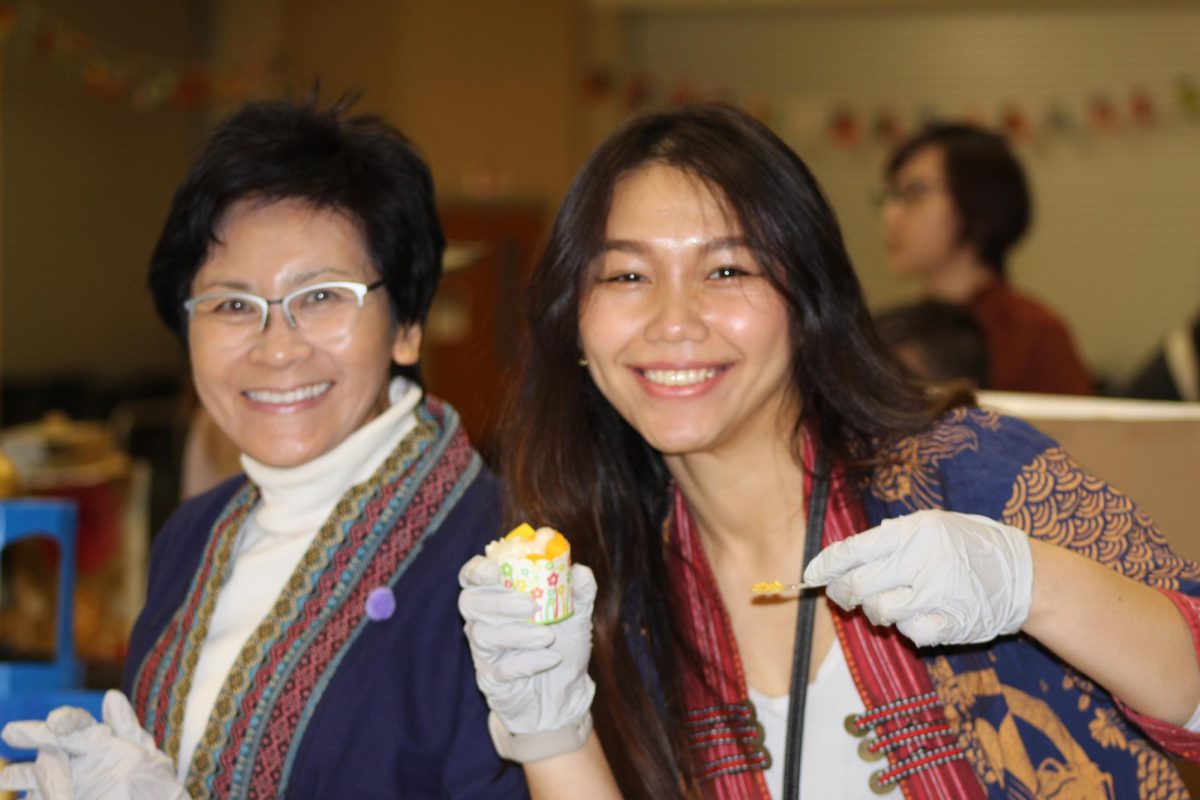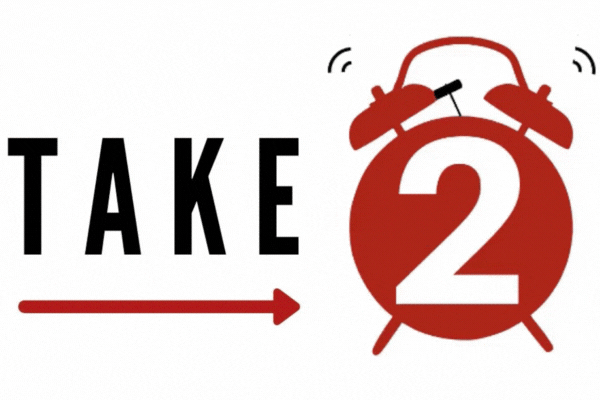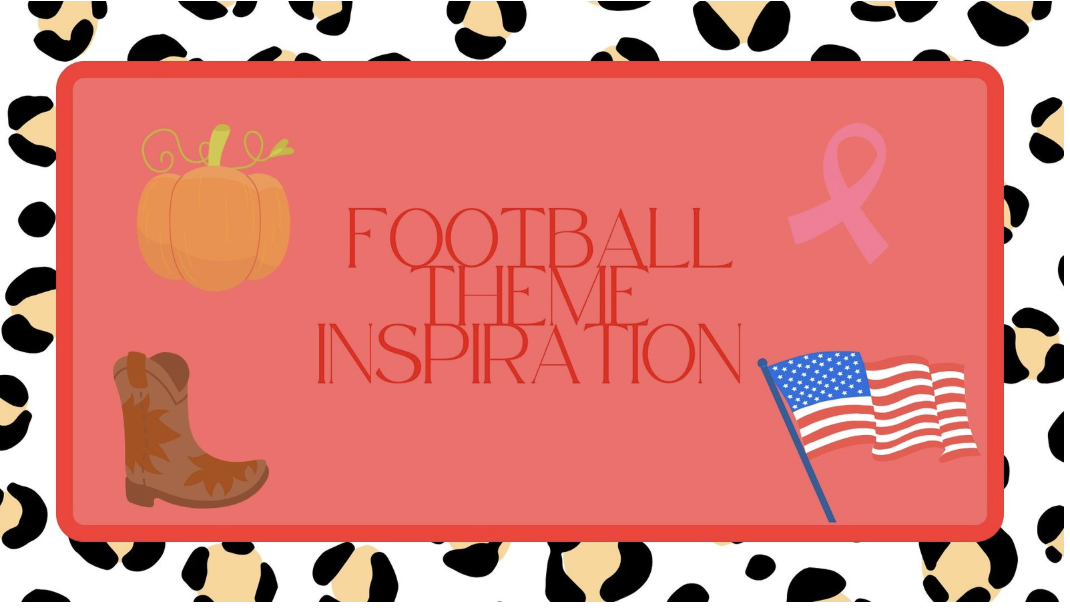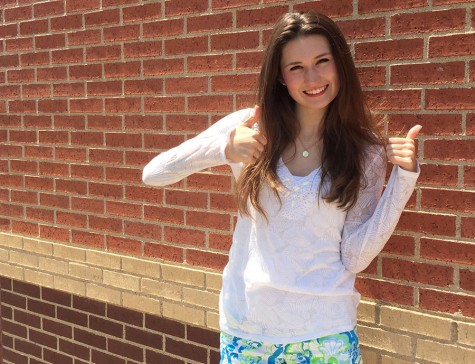The cool silence of a November morning on Pennsylvania Avenue was shattered by the shouts of Anonymous, a masked group of protesters marching across Lafayette Square shouting: “Our street, our street, our street! Whose street? Our street! Whose house? Our house!” The group, comprised of around 200 people, waved flags, held signs, and yelled for their causes, protesting across the street from the White House.
These were not the only groups protesting on this morning; nearly every day, many people of different causes and means try to get the attention of the President by exercising their First Amendment right to protest.
“We’re paying all these taxes and fees and fines and I mean we’re buried and can’t get out of it,” Million Mask Marcher Eddie Peyer said. “We’re just trying to put up a voice saying that we’re tired of it.”
The symbolism of protesting just feet from the front lawn of the White House is why Lafayette Square has long been a place for people to promote their cause.
“Decisions are made at the White House,” Ebola vaccine protester Regina Mousa said. “So, whatever important decisions there are [are made there]. Media is always covering the White House so we think that if one or two of [the people watching] can see what we are doing, people will [hear] us. If we [are] on the TV tonight, I mean, thousands of people will see it. We are from Sierra Leone, but we stand here for three countries.”
Whether it’s through social media or a physical presence outside the White House, the right to peacefully assemble and petition the government for a redress of grievances is an important tool for countless groups, causes and individuals.

There was a large group of masked protesters in front of the White House expressing their strong opinions about the government and how it is run. This was the first year of the Million Mask March, which is practiced internationally.
“[Protesting is important] because it raises awareness,” Peyer said. “Especially nowadays with Youtube and Facebook and other things, this type of activity gets out and gets people to start to research why, more, what’s going on. I think that [protesting] is all about raising the awareness, right here. You see, videos [being taken right now] are going to be in Japan, China, India, Germany and people are going to see them.”
While some people may dismiss protesters as conspirators or radicals, the Founding Fathers helped laid the foundations of America with protests and civil demonstrations.
“If they remain quiet under such misconceptions, it is lethargy, the forerunner of death to the public liberty,” President Thomas Jefferson once said. “And what country can preserve its liberties, if its rulers are not warned from time to time, that this people preserve the spirit of resistance?”
Each person protesting had a different reason to do so. Some were moved to tears by their cause, more yelled until they were red in the face, and others took protesting as a sponsored job.
“We just started protesting today because we have relatives that have died from [Ebola],” Mousa said. “There are also a lot of orphans there. They are suffering. Some of them don’t have food. It’s like a stigma; as long as you are the child of a victim who has died [from Ebola], nobody wants to go near you because they don’t know if they are gonna contract the disease from you. Nobody is feeding them, nobody is caring for them, the babies. The other day I watched babies, there was a baby whose mother was being taken away and buried and the baby was crawling towards her mother, looking for her. When I saw that, I was in tears. I said that we have to do something about that. These babies are just sitting there and there is no one to help them out. [People] are scared of them.”
The protesters themselves are not the only ones who believe in the power behind their actions. President of the Color Nine Group, Michael Willis, acknowledges the effects protests can have on a government.
“There are a lot of ways that [First Amendment rights support the government],” Willis said. “For one, the government allows for the people to have their voices heard. If you have something you want to say to your legislatures or the White House, or who ever, you need to have the ability to be able to say it whether people like it or not. [Opinions] need to be said, and there needs to be a freedom to say those things. We all have opinions and without those then there is no one voicing opposition to anything that we do. You would have a government that would run without any say whatsoever otherwise.”





